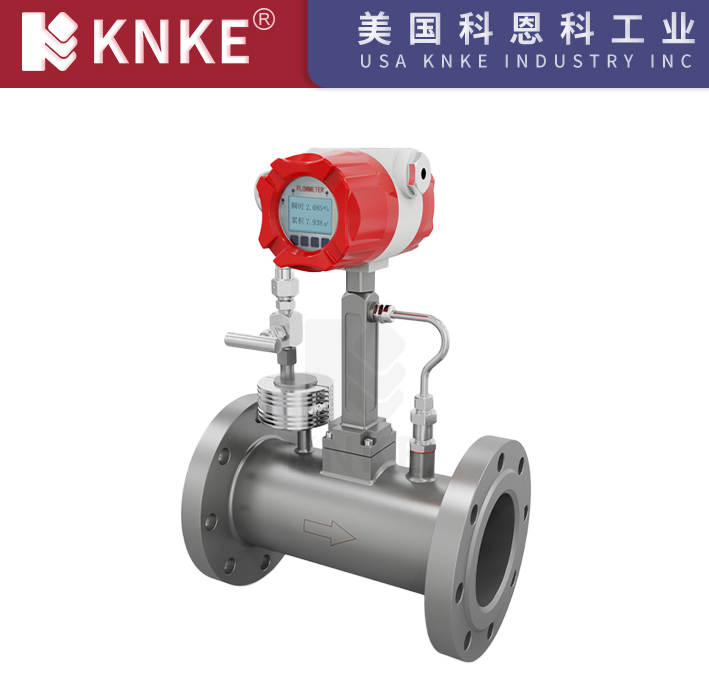Requirements for Pipeline Installation of Vortex Flow Meters
Vortex flow meters are widely used for industrial flow measurement. Their performance depends heavily on proper installation. This guide outlines the essential requirements to ensure accurate and reliable operation.

1. Keep the Pipeline Fully Filled
To work correctly, vortex flow meters need a fully filled pipeline. They can be installed in vertical, horizontal, or angled positions. However, if the flow moves downward or horizontally, the downstream pipeline must rise to hold the fluid. Install a check valve to maintain fluid in the pipe during no-flow conditions.
2. Choose Compatible Flanges
Using the right flange is critical. The flange diameter must match the vortex flow meter exactly. Select smooth-hole flanges instead of reducing ones to avoid disruptions. Ensure the pipe’s inner surface remains free of defects, such as dents or burrs, that could interfere with flow.
3. Minimize Pipeline Vibrations
Excessive vibrations can disrupt flow meter readings. To prevent this, support the pipe on both sides of the flow meter. Avoid installing the meter near noisy equipment, such as pumps or steam traps, to reduce interference. While noise filters can help, relocating the meter to a quieter section is often more effective.
4. Align the Meter and Pipe Properly
Proper alignment between the meter and the adjacent pipeline is crucial. Misaligned connections create obstructions, leading to measurement errors. During installation, ensure all parts connect smoothly. Regular maintenance will keep the system functioning as intended.
5. Plan for Special Configurations
In some cases, replacing a flow meter requires stopping the flow. To simplify this, install blocking and bypass valves around the meter. This setup allows uninterrupted operation during maintenance.
Following these installation guidelines ensures vortex flow meters perform accurately. Focus on keeping the pipeline full, using the right flanges, minimizing vibrations, aligning components, and planning for maintenance. By meeting these requirements, you will maximize efficiency and accuracy in industrial processes.
